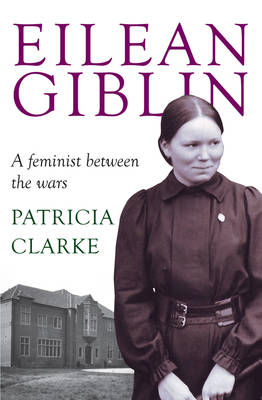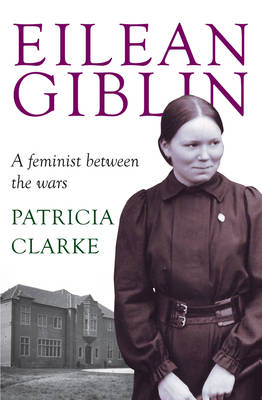
- Afhalen na 1 uur in een winkel met voorraad
- Gratis thuislevering in België vanaf € 30
- Ruim aanbod met 7 miljoen producten
- Afhalen na 1 uur in een winkel met voorraad
- Gratis thuislevering in België vanaf € 30
- Ruim aanbod met 7 miljoen producten
Zoeken
€ 38,45
+ 76 punten
Omschrijving
Englishwoman Eilean Giblin arrived in Australia in 1919 with a shipload of war brides, almost certainly the only woman not wearing a wedding ring. An unconventional feminist, Giblin arrived with a commitment to women's rights and social justice, developed through the suffrage movement and the intellectual appeal of left-wing social and political ideas. During the next three decades in three Australian cities, she pursued roles relevant to her feminist and humanitarian ideals. In the small, insular society of Hobart in the 1920s, Eilean Giblin campaigned for the important feminist goal of 'equal citizenship.' She represented Tasmanian women at the International Woman Suffrage Congress in Rome in 1923 and was the first woman appointed to a hospital board in Tasmania. In Melbourne in the 1930s, she led a committee that achieved the long sought goal of a non-denominational university women's college. During World War II, she kept a diary in Canberra that is a unique social record and a powerful witness to the immense human suffering and futility of war. Eilean Giblin was one of a small minority who supported the enemy aliens deported from Britain to Australia in 1940 on the Dunera, undertaking a lone 500 km journey to investigate their remote internment camp. *** "An incredible true story of one woman's persistence and determination to leave the world a better place than she found it, Eilean Giblin is highly recommended especially for high school, college and public library collections." - The Midwest Book Review, Wisconsin Bookwatch, The Biography Shelf, January 2014 *** "Through meticulous research, and lively writing, Clarke has contributed to the body of evidence that shows that feminists were energetically focused on improving the lives of women during that period ['...the apparent lull in feminist activity between the earlier struggle of the suffragists and the efforts of the late 1960s']. It is a welcome addition to a growing number of biographies of hitherto unknown Australian feminists." - Australian Historical Studies, 45, 2014Ã?Â?Ã?Â?Ã?Â?Ã?Â?Ã?Â?Ã?Â?
Specificaties
Betrokkenen
- Auteur(s):
- Uitgeverij:
Inhoud
- Aantal bladzijden:
- 238
- Taal:
- Engels
- Reeks:
Eigenschappen
- Productcode (EAN):
- 9781921867842
- Verschijningsdatum:
- 1/07/2013
- Uitvoering:
- Paperback
- Formaat:
- Trade paperback (VS)
- Afmetingen:
- 156 mm x 237 mm
- Gewicht:
- 403 g

Alleen bij Standaard Boekhandel
+ 76 punten op je klantenkaart van Standaard Boekhandel
Beoordelingen
We publiceren alleen reviews die voldoen aan de voorwaarden voor reviews. Bekijk onze voorwaarden voor reviews.











